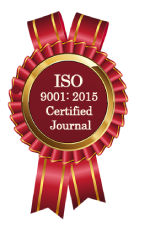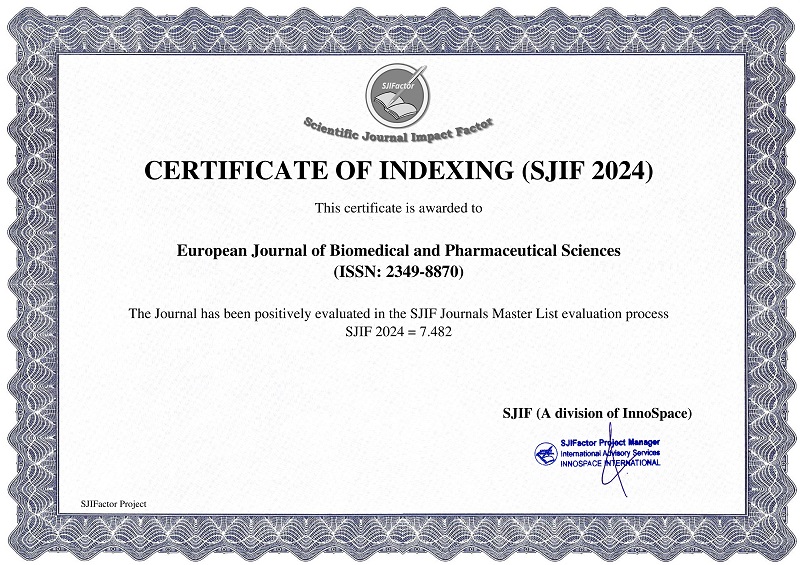EVALUATION OF ANTIHYPERLIPEDEMIC ACTIVITY OF VARIOUS EXTRACTS OF BEET ROOT (BETA VULGARIS)
Dr. Mukuntha Kumar N.* and Asish Bhaumik
ABSTRACT
Hyperlipidemia is abnormally elevated levels of any or all lipids and/or lipoproteins in the blood. It is the most common form of dyslipidemia (which includes any abnormal lipid levels). Lipids (water-insoluble molecules) are transported in a protein capsule. The size of that capsule, or lipoprotein, determines its density. The lipoprotein density and type of apolipoproteins it contains determines the fate of the particle and its influence on metabolism. Hyperlipidemias are divided into primary and secondary subtypes. Primary hyperlipidemia is usually due to genetic causes (such as a mutation in a receptor protein), while secondary hyperlipidemia arises due to other underlying causes such as diabetes. Lipid and lipoprotein abnormalities are common in the general population and are regarded as a modifiable risk factor for cardiovascular disease due to their influence on atherosclerosis. In addition, some forms may predispose to acute pancreatitis. The main aim and objective of my present research work was the preliminary phytochemical screening of various extracts of beet root (Beta vulgaris, EEBT, MEBT and CEBT) and evaluation of antihyperlipedemic activity. The experimental data was displayed that the various extracts such EEBT, MEBT and CEBT were showing the lipid lowering ability in experimental rats with reference to standard drug lovastatin. The decreased serum lipids profile by various extracts such as EEBT, MEBT and CEBT were found to be 77.24, 73.22 and 78.11 mg/dl (total cholesterol i, e TCH), 110.34, 98.54 and 119.31 mg/dl (TGS), 21.32, 21.74 and 21.31 mg/dl (HDL-C), 32.52, 29.21, and 34.30 mg/dl (LDL-C) and 18.32, 21.32 and 23.11 mg/dl (VLDL-C) etc.
Keywords: Hyperlipidemia, lipoproteins, diabetes, atherosclerosis, antihyperlipedemic etc.
[Full Text Article]
[Download Certificate]


 Impact Factor : 8.181
Impact Factor : 8.181 






